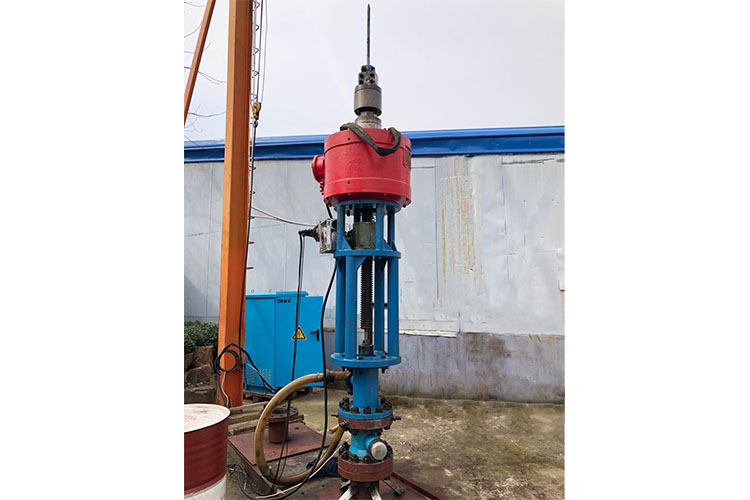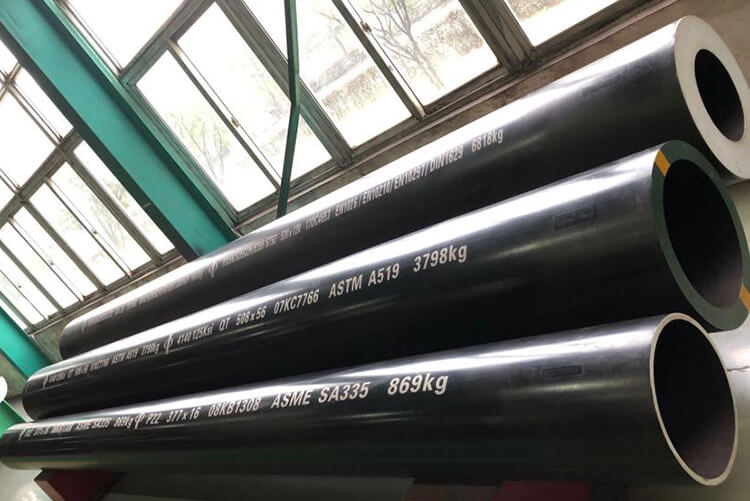By subscribing, you agree to our Terms of Use and Policies You may unsubscribe at any time.
In a first, China will drill a 6.2 mile (10,000-meter) superdeep borehole into the Earth’s crust in its quench for scientific exploration. The drilling began Tuesday in China’s large oil-bearing basin - the Tarim Basin of northwest China's Xinjiang Uygur Autonomous Region. China Drill Pipes

China has been exploring the deep Earth for many years. Only last week, it was reported that the world’s second-largest economy completed building a 12,000-tonne offshore drilling rig to mine the geological reserves of natural gas.
Now with the almost 10-kilometer superdeep hole, the country aims to unearth rich minerals and energy resources and study the deep uncharted composition of the Earth’s surface. The drill has a design depth of over 11,000 meters.
In the drilling process, the 2,000-tonne heavy equipment, which includes drill bits and drill pipes, will go deep into the Earth, penetrating over 10 continental strata or layers of rock formation. The drilling will also go beyond the Cretaceous system, a series of layered rocks below the oldest tertiary deposits and above the Jurassic system, which ended about 145.5 million years ago.
Drilling through these layers of rocks can be tricky since the borehole is being dug in the Tarim Basin, which is a tough territory. Tarim Basin is a vast depression of land drained by the Tarim River. The climate is typically dry, and in the middle of the basin lies the TaklaMaTaklamakankan Desert, where the drilling occurs. Surrounded by high mountain ranges, TaklaMakan is one of the largest desert regions in the world and the largest in China.
"The construction difficulty of the drilling project can be compared to a big truck driving on two thin steel cables," said Sun Jinsheng, an academician at the Chinese Academy of Engineering, in an interview with Xinhua.
The deepest artificial hole on Earth is the Russian Kola Superdeep Borehole, which took 20 years to reach a depth of 12,262 meters (40,230 feet) in 1989.

China Cylinder In a 2021 speech addressing the nation's leading scientists, Chinese President Xi Jinping called for greater progress in deep Earth exploration, reported Bloomberg. Such work can also help assess the risks of environmental disasters, such as earthquakes and volcano eruptions.